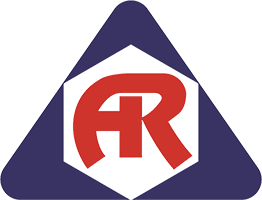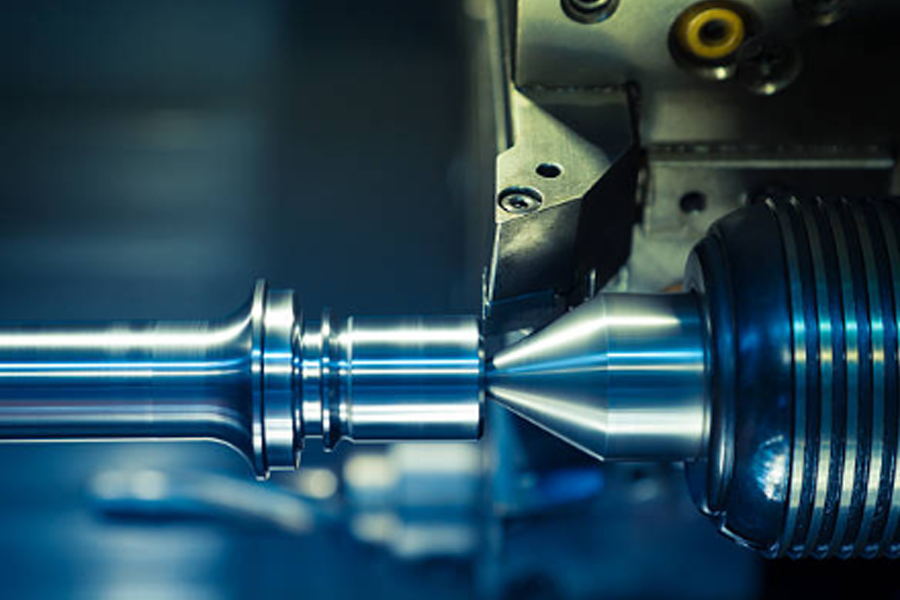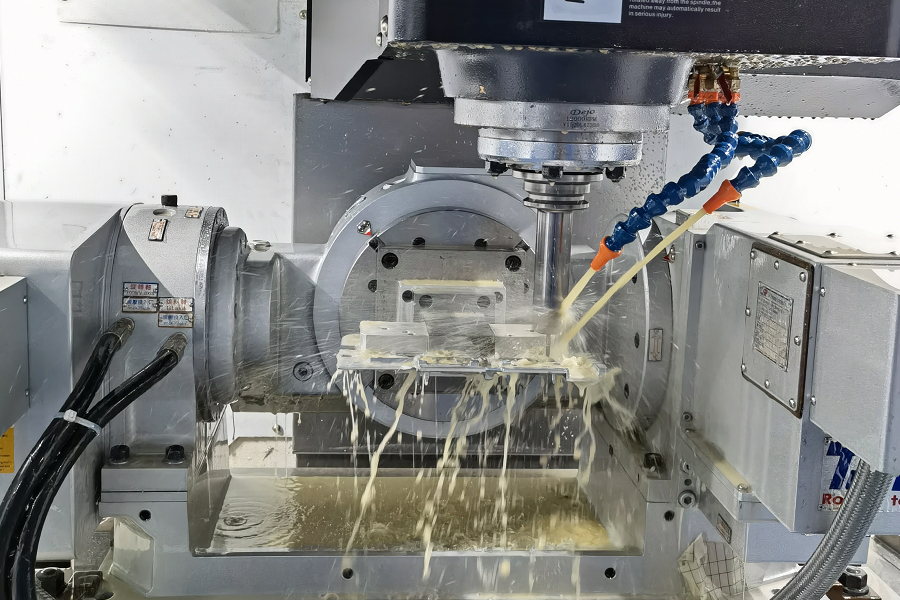Choosing the right CNC machining partner can make or break your product development, supply chain efficiency, and overall competitiveness—especially when working across borders. In Malaysia, with its growing advanced manufacturing sector, the options are many, but not all CNC shops are equal.
This guide aims to walk you through:
-
What to look for in a machining partner,
-
Key technical and business criteria,
-
How to evaluate proposals,
-
And finally, why ARES PRECISION stands out among Malaysian CNC solutions.
By the end, you’ll have a clear checklist and insights to pick a partner who delivers quality, reliability, and value.
Understanding Your CNC Project Requirements
Before you approach any shop, get deeply clear on what you need. This will help you filter vendors and assess proposals intelligently.
Define Your Part Specifications
-
Material: Aluminum, stainless steel, brass, titanium, engineering plastics?
-
Dimensions & Geometry: Big parts, small parts, deep cavities, thin walls?
-
Tolerance & Surface Finish: ±0.01 mm vs ±0.05 mm, surface roughness, plating, anodizing etc.
-
Batch Size: Prototype, low volume, medium or high volume.
-
Quantity Growth: Will demand scale over time?
Consider Upstream & Downstream Needs
-
Do you need assembly, sub-assembly, welding, casting, or heat treatment beyond machining?
-
What about quality documentation, traceability, certification (ISO, medical, aerospace, automotive)?
-
Logistics: shipping, packaging, lead times, import/export requirements.
If you can write down these requirements first, every vendor comparison will be more meaningful.
Key Criteria for Evaluating CNC Machining Partners
Based on best practices and what mature clients look for, here are key criteria you should use to evaluate prospective partners.
1. Technical Capability & Equipment Portfolio
A top partner should have:
-
A range of CNC milling, turning, 4-axis/5-axis machines, possibly Swiss-style or multi-spindle, depending on complexity.
-
Supporting equipment: EDM / Wire-cut / Laser cutting / Grinding / Surface finishing / Inspection machines.
-
Capability with diverse materials (metals, plastics, exotic alloys).
-
Experience with complex geometries, internal channels, deep pockets, thin walls.
Ask vendors to send you their equipment list and sample parts.

2. Quality & Certification Systems
-
Check for certifications like ISO 9001, IATF 16949 (for automotive), ISO 13485 (for medical), or relevant local/regional standards.
-
Ask about quality control procedures: inspection, first article inspection, in-process check, final inspection, gauge calibration.
-
Traceability: Can they maintain batch records, material certificates, test reports?
-
Reject/repair rate, scrap rate metrics.
3. Experience, Reputation & References
-
Do they have experience in your industry (automotive, medical, aerospace, electronics)?
-
Ask for customer references or case studies.
-
Check online presence: reviews, mentions, trade directories.
-
Visit their facility if possible (or ask for a video tour).
4. Communication & Responsiveness
-
Multilingual support (English, Chinese, etc.) helps avoid misunderstandings.
-
Speed and clarity in responding to RFQs, drawing clarifications, prototyping issues.
-
Willingness to review designs, propose manufacturability improvements, point out potential issues.
5. Cost Transparency & Quotation Detail
-
Quotes should break down material, machining, finishing, setup, inspection fees — no hidden costs.
-
Beware extremely low quotes — quality or service may be compromised.
-
Terms: lead time, payment terms, tooling cost, revision costs.
6. Capacity, Scalability & Lead Time
-
Does the shop have idle capacity or flexibility to ramp up?
-
What is their typical lead time for prototypes vs batch runs?
-
Will they commit to agreed delivery dates?
-
How do they handle urgent orders?
7. After-Sales Support & Warranty
-
How do they deal with defective parts discovered after delivery?
-
Do they provide warranty or rework policy?
-
Support for post-shipment issues (e.g., if parts arrive damaged).
-
Spare machining capability for replacement parts.
How to Approach & Evaluate Proposals
Here’s a practical checklist when you receive proposals:
-
Compare quotes side by side (watch out for missing line items).
-
Check lead times vs your project schedule.
-
Assess sample work — request a small prototype order.
-
Visit or video audit — look at shop cleanliness, machine conditions, staff competence.
-
Ask clarifying questions (e.g. what happens if parts deviate from tolerance).
-
Negotiate terms including quality acceptance, rework policies, penalty for delays.
-
Start with a pilot order before committing large volume.
Industry Trends & The Malaysian CNC Advantage
Trends in CNC Manufacturing
-
Smart / Industry 4.0: integration of CNC with IoT, real-time monitoring, predictive maintenance.
-
High-mix, low-volume: more customers demand flexibility than mass production.
-
Exotic materials: demand for titanium, Inconel, specialty plastics in aerospace, medical, energy sectors.
-
Nearshoring: companies increasingly prefer suppliers closer to reduce logistics, lead time, and risk.
Why Malaysia Makes Sense
-
Strategic location in Southeast Asia — good logistics to ASEAN, China, India, Oceania, and more.
-
Competitive labor and operating costs compared to higher-cost regions like EU/USA.
-
Good pool of technical manpower and engineering graduates.
-
Supportive government policies for manufacturing, export incentives, industrial parks.
-
Relatively stable business environment, legal protections for foreign customers.
In this context, a well-run Malaysian CNC shop can offer world-class capability at good value.
Ares Precision Malaysia: Your CNC Machining Partner
Among CNC machining companies in Malaysia, ARES PRECISION MACHINE (M) SDN. BHD. offers a compelling mix of capabilities, quality, and customer focus:
-
Comprehensive services: CNC milling, turning, EDM, surface finishing, casting, extrusion, assembly.
-
Advanced equipment and facilities to handle precision and complex parts.
-
Quality systems & certifications: robust QC, traceability, and adherence to international standards.
-
Experienced team that collaborates with you on DFM (design for manufacturability) improvements.
-
Transparent quotation and communication aligned with global client expectations.
-
Strategic location in Melaka, offering competitive cost plus logistical advantages for regional and global shipping.
-
Willingness to support prototyping, small batches, and scalable volume orders — ideal for startups and OEMs alike.
If you’re seeking a reliable CNC partner in Malaysia to support your growth and quality demands, ARES PRECISION is ready to become your trusted supplier.

Conclusion
Selecting the right CNC machining partner is not just about cost — it’s about capability, consistency, communication, and long-term alignment. Use the criteria and steps above to vet vendors systematically. Start with a small pilot order, evaluate performance, then scale cautiously.
For those looking for a partner that combines precision, flexibility, and reliable delivery from within Malaysia, ARES PRECISION would be honored to work with you. We welcome your inquiries, CAD files, and sample parts. Let’s collaborate to turn your design into high-quality reality.
FAQs
Q1: What industries benefit the most from CNC machining?
A1: CNC machining serves a wide range of industries, including aerospace, automotive, electronics, medical devices, and industrial equipment. It provides high precision, repeatability, and efficiency, making it ideal for both complex prototypes and large-scale production.
Q2: How long does it take to complete a CNC project?
A2: The timeline for a CNC project depends on factors such as part complexity, material, and production volume. Small prototype parts can often be completed within a few days, while large-scale or intricate components may take several weeks from design to finished product.
Q3: What are the typical tolerances in CNC machining?
A3: CNC machining typically achieves tolerances between ±0.01 mm to ±0.05 mm, depending on the material and machining process. For ultra-precise applications, specialized machines can reach even tighter tolerances.
Q4: Does ARES Precision offer prototype and mass production?
A4: Yes, ARES Precision provides both prototype development and mass production services. Clients can test and refine designs with prototypes before scaling up to high-volume manufacturing, ensuring quality and efficiency throughout the process.
Q5: How can international clients work with ARES Precision?
A5: International clients can collaborate with ARES Precision through online consultations, digital design submissions, and global shipping solutions. The company offers clear communication, technical support, and streamlined logistics to ensure a smooth experience from initial inquiry to final delivery.







